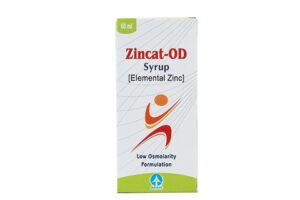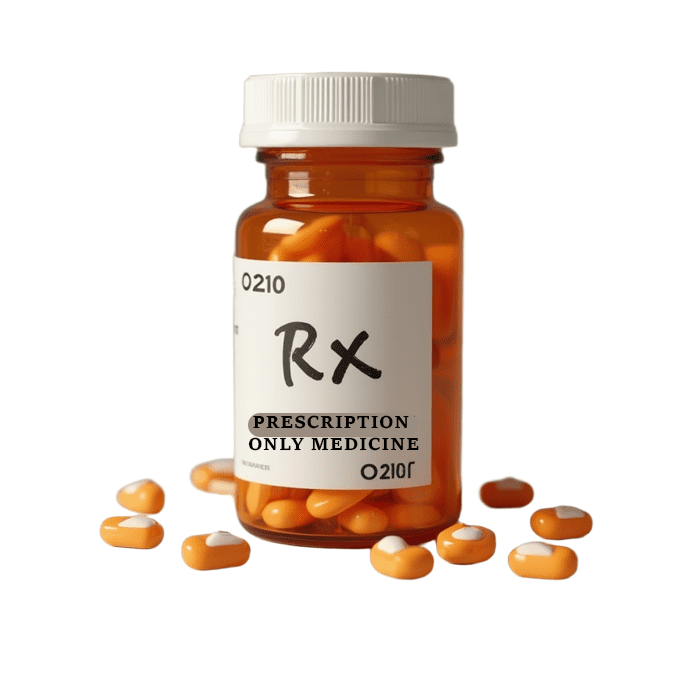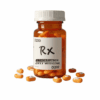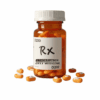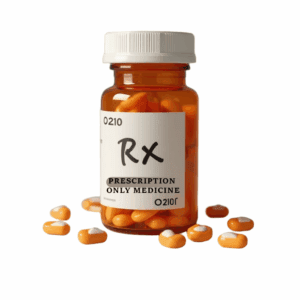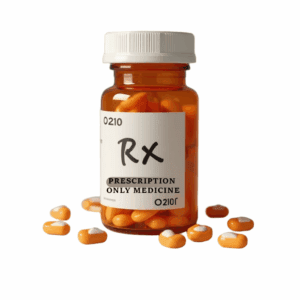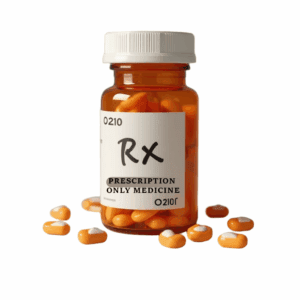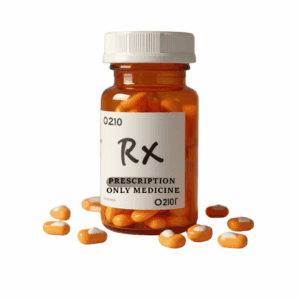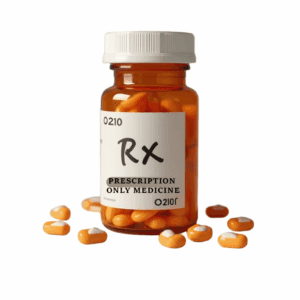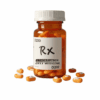Erythromycin 500Mg Tablets - 100 Tablets | Broad-Spectrum Antibiotic for Bacterial Infections
Erythromycin 500Mg Tablets are a potent antibiotic designed to treat a wide range of bacterial infections. This prescription medication belongs to the macrolide class of antibiotics and works by inhibiting the growth of bacteria, thus preventing the spread of infection. Erythromycin is commonly used to treat respiratory infections, skin conditions, and other infections caused by susceptible organisms. It is often prescribed for conditions such as pneumonia, bronchitis, sinusitis, and tonsillitis, as well as certain sexually transmitted diseases.
The active ingredient in these tablets is erythromycin, which is known for its ability to combat a wide variety of bacteria, including those resistant to other forms of antibiotics. This makes it a reliable choice for individuals who have not responded well to other treatments.
In addition to its antibacterial properties, Erythromycin 500mg tablets can also be used for preventing infection in individuals who have undergone surgery, particularly in the case of abdominal surgery. For optimal results, this medication should be taken as directed by your healthcare provider.
Erythromycin works by binding to bacterial ribosomes, thus inhibiting protein synthesis, which is essential for bacterial growth. This halts the bacteria's ability to multiply, effectively eliminating the infection.
How to Use Erythromycin 500Mg Tablets 100's
The standard dosage for adults is one Erythromycin 500mg tablet taken every 6 hours, or as prescribed by your doctor. Always take the medication with a full glass of water. It is essential to complete the entire course of treatment, even if symptoms improve before the medication is finished.
Precautions
Before taking Erythromycin, inform your healthcare provider of any existing medical conditions, particularly liver issues, as this medication is metabolized in the liver. Also, inform your doctor of any medications you are currently taking, especially blood thinners or other antibiotics.
Possible Side Effects
Common side effects include nausea, vomiting, stomach pain, and diarrhea. In rare cases, more serious side effects may occur, such as severe abdominal pain, yellowing of the skin or eyes (jaundice), and irregular heartbeats. If any of these symptoms occur, seek immediate medical attention.

